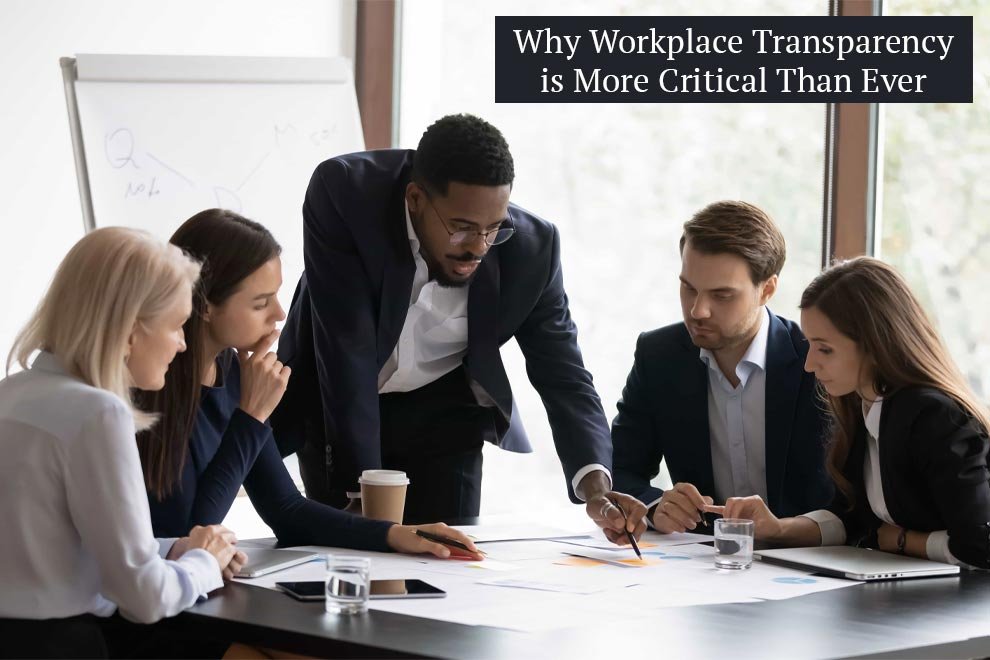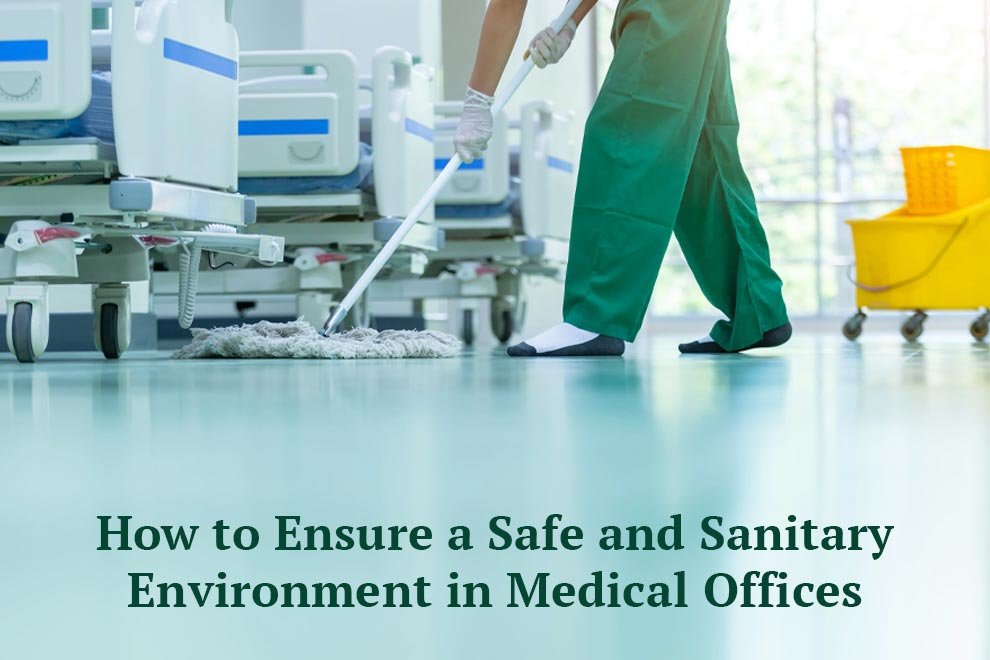Hindsight is 20/20, time to triple our efforts towards a bright future.
Coronavirus makes us miss our normal life and it’s good that we feel that way, but hindsight bias is 20/20 and we cannot allow us to revert to where we were before COVID-19 struck. Especially not with societies within marginalized communities being unnecessarily vulnerable to crisis. The pandemic has remarked weakness in health systems, social protection, and public services that need to be addressed. They have underlined and worsened inequalities, ongoing human rights challenges, and continued stigma against women.
On the occasion of the 75th anniversary of the United Nations, Family Mask, a surgical mask manufacturer and brand, organized #KIDsforSDGs program which achieved great success and received feedback on global issues and the role of the UN from the students. An effort to build more diverse, inclusive and sustainable economies and societies!
Family Mask aims to launch #BackToSchool initiative to provide adequate protection to students as they continue their pursuit of knowledge and education during the pandemic.
50 student attendees of #KIDsforSDGs event claimed that the world would be better off than it is now. This primarily driven by –
- The accomplishments the world has made in the past few years with increased participation in impact and sustainable initiatives.
- The expected decrease in HIV and AIDS and other communicable diseases.
- The increased enrollment of young girls and ethnic minorities in school.
- Increasing efficiency with greater technological innovations.
- Increased health and well-being.
- A general consensus among millennials and Generation-Z that the future is in their hands and that they do have the power to change it for the better.
These high school students will turn 40 by 2045, and they highlighted top three issues as evidence of creating a truly sustainable and equal world:
- Seeing improvements with equality, especially gender equality.
- Climate change and concrete action in alignment with global warming, in particular, the 1.5 degrees Celsius initiative to reduce risks to “health, livelihoods, food security, water supply, human security, and economic growth”.
- A better control on a global basis of information pertinent to political, economic and social issues which can hinder advancements against poverty and inequality.
These three issues are associated with some other main obstacles and challenges that are keeping the world from a bright future for all:
- Ongoing instability, such as conflicts between nations, which hinder the potential for partnerships.
- Implementation, such as ensuring the programs and their operations fit the local context, which is a legitimate concern as there are differences (which should be celebrated) based on age, gender, sexual orientation, religion, and other factors.
- Regulation and governance, such as the political will to transform development programs into sustainable long-term practices.













